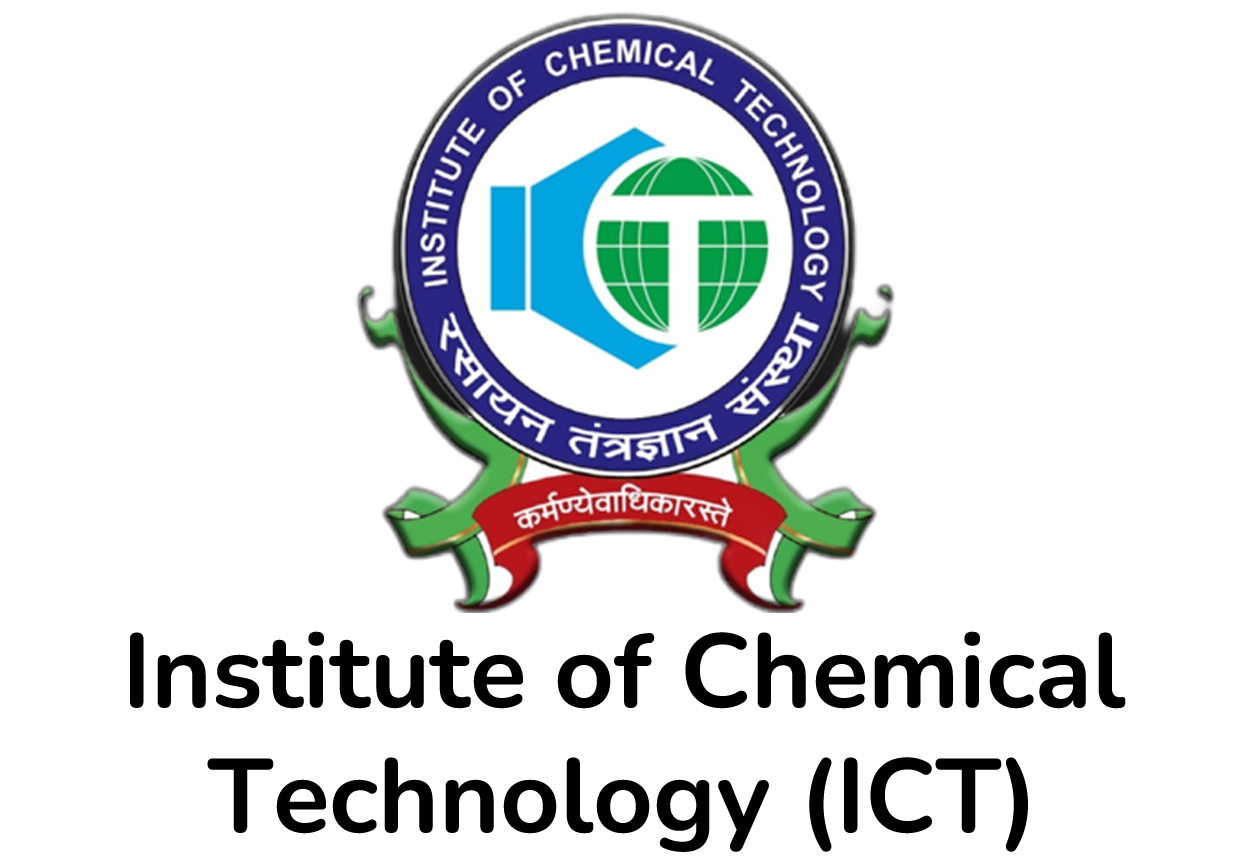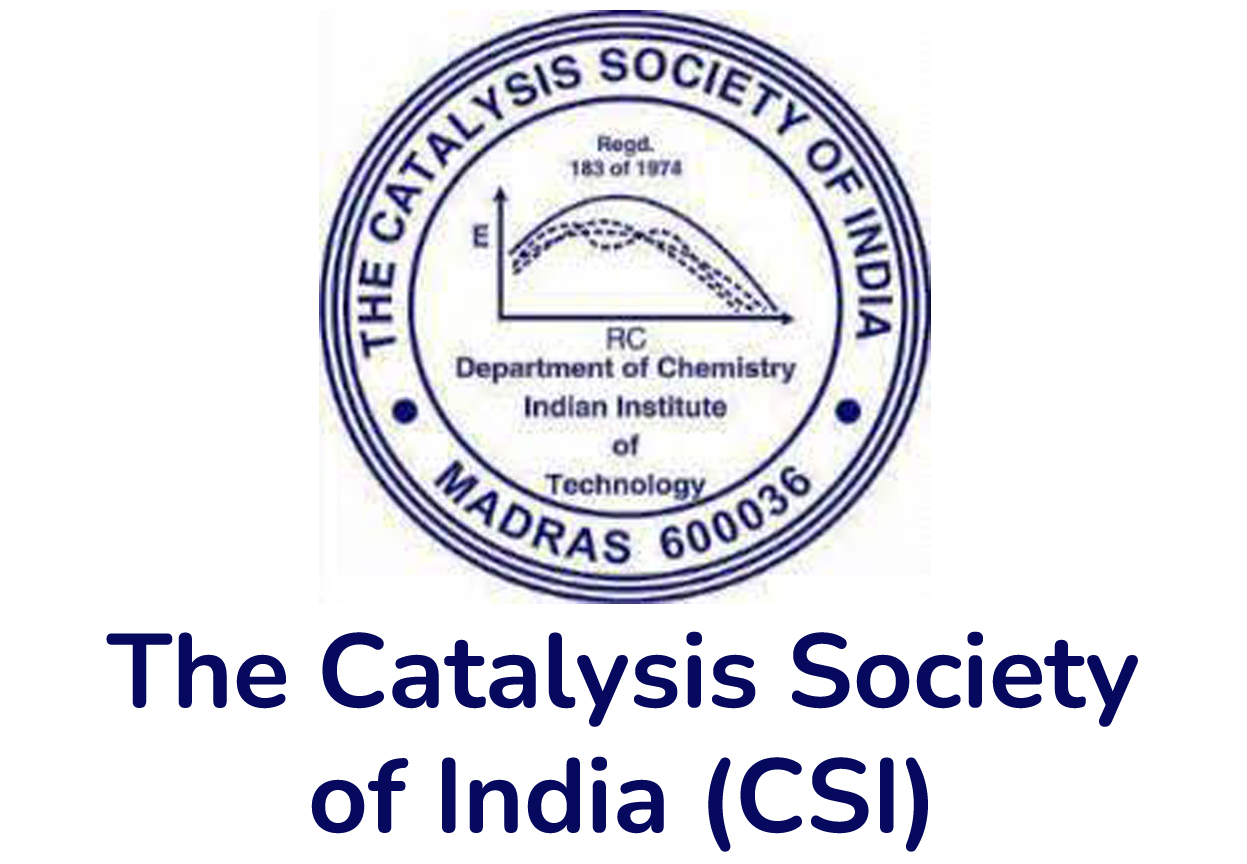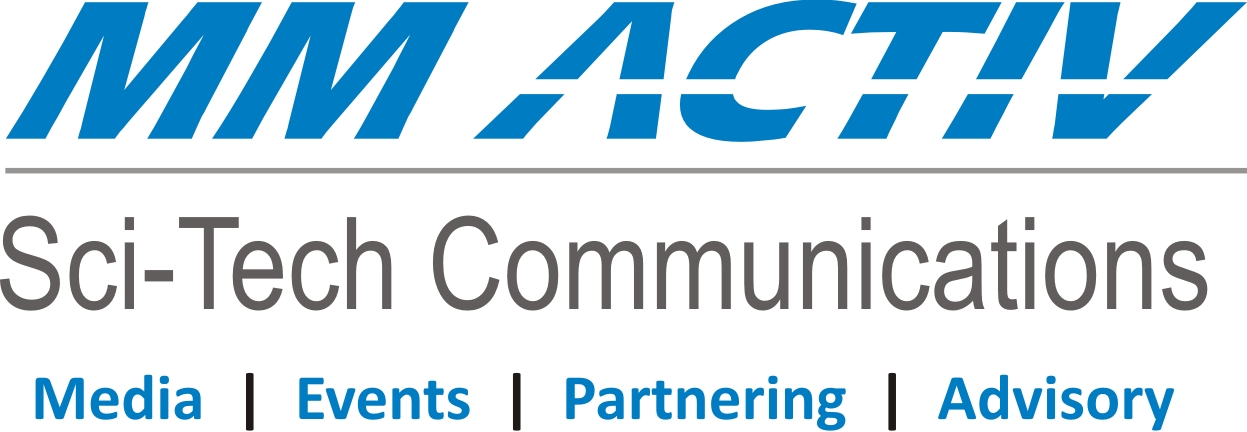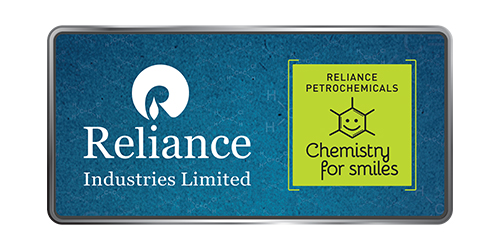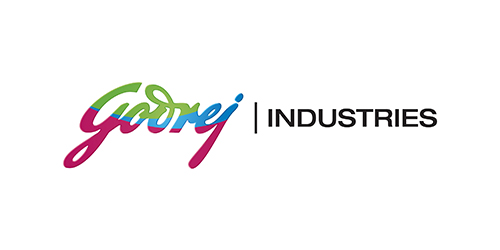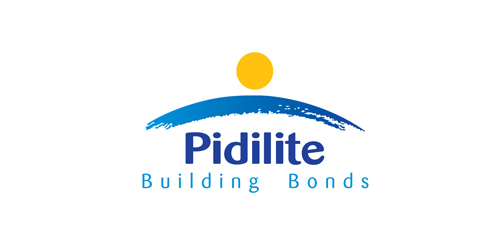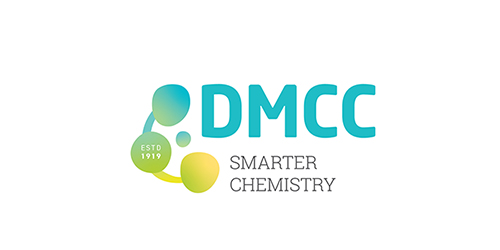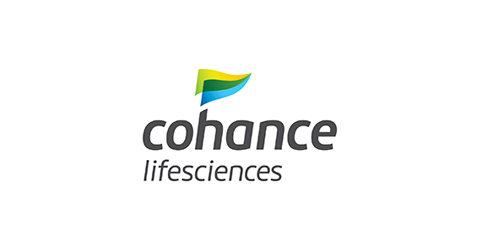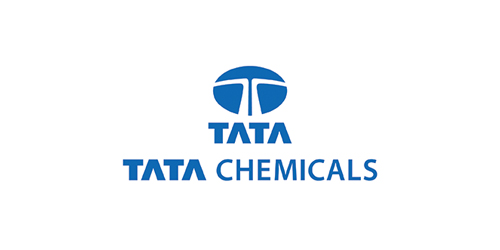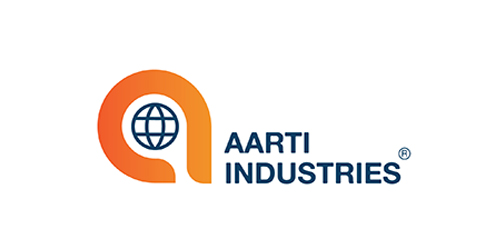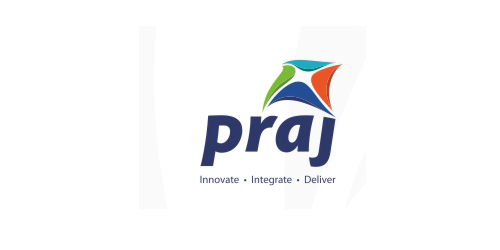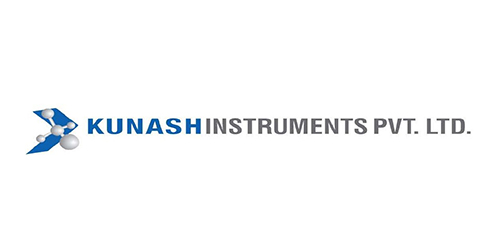Organisers
Established on October 1, 1933 as University Department of Chemical Technology (popularly called UDCT) of the University of Bombay (now Mumbai), with the noble intention of advancing India's knowledge reserves in chemical science and technology, the Institute has grown to become a premier (deemed) university devoted to education, training, research and industrial collaboration in chemical engineering, chemical technology, applied chemistry, pharmacy, biotechnology and bio-processing. The then UDCT grew in stature over the years and was granted partial autonomy by the University of Mumbai in 1985, which was taken to the next echelon under the concept of autonomy propagated by the University Grants Commission (UGC). Due to its size and spread of activities, it was converted into University Institute of Chemical Technology (UICT) on 26th January, 2002 and under the TEQIP of the World Bank it was granted full autonomy in 2004. Upon strong recommendation of the UGC through a peer review process, the autonomous institute status was finally converted in to a Deemed-to-be-University by the Ministry of Human Resource Development (MHRD), Govt. of India, on 12 September 2008. Seven convocations have so far taken place in 2012, 2013, 2014, 2015 and 2016, 2017 and 2018.
Based on its stellar performance over the years, the Government of Maharashtra granted it the Elite Status and Centre of Excellence in the State Assembly on April 20, 2012. This is a singular distinction accorded to any institute in the entire country and speaks volumes about the achievements of the ICT.
In November 2017, National Assessment and Accreditation Council (NAAC) Committee visited ICT and graded with A++ CGPA of 3.77 out of 4. ICT has been ranked amongst top ten Engineering Institutes of India and 19th amongst the top universities if the country. It is also recognized at rank 4 amongst the Pharmacy Institutes. In the BRCS QS Universities ranking 2018, ICT ranked at 118; whereas in 2019, ICT is 115 among all BRICS.
On March 2018, ICT for the first times crossed the confines of Maharashtra when the institute inaugurated the "ICT Mumbai Indian Oil Odisha Campus" at Bhubaneswar on 18th March 2018, at the hands of President of India, Honorable Shri Ram Nath Kovind, in the august presence of Honorable Shri S.C Samir, Governor of Odisha, Honorable Shri
Dharmendra Pradhan, Union Minister of Petroleum and Natural gas, Skill Development and Entrepreneurship and distinguished bureaucrats, academicians, industry stalwarts and citizens. The Institute has signed MOU with IIT Kharagpur for collaborating in various research activities.
May 4th 2018 was another glorious day for ICT, when ICT officially established its second campus outside Mumbai. The foundation stone of Marathwada Off-campus Centre of ICT was laid at the hands of Chief Minister of Maharashtra Shri. Devendra Fadnavis among other dignitaries. A land of 203 acres has been allocated at Siraswadi near Jalna to the Institute.
ICT's contribution to wealth creation must be one of the best amongst the branded institutes. The institute has been developing technologies which are consistently being commercialized. An illustration to such effect is technology for hydrogen production by water splitting. The technology has been successfully scaled up to pilot scale and transferred for commercial deployment to ONGC. The technology has been granted patents in Korea, Japan, USA, Canada and China.
A 1 million Litre/Day Demonstration plant based on ICT's Sewage Processing Technology was inaugurated in September 2018 at New Delhi by Dr. Harsh Vardhan, Hon'ble Union Minister of Science & Technology, Environment Forest and Climate Change and Earth Sciences in presence of Shri. Anil Baijal, Lt. Governor of Delhi and Dr. Renu Swarup, Secretary, Dept. of Biotechnology. The plant is based on a combinations of ICT's technologies namely CCR, CTL and Rapid AD technology and is called DBT-ICT Nullah/ River cleaning technology. The plant shall process e at Barapullah Nallah to generate clean water and compressed Biogas (CBG).
ICT's successfully demonstrated and patented DBT-ICT 2G-Ethanol technology has been taken up by major Oil Marketing Companies (OMCs) such as HPCL for establishing commercial scale plants. In July 2018, ICT signed agreements with LSTK bidders, a step taking ICT closer to its goal of commercializing the technology. ICT's Municipal Solid Waste and Liquid Waste (MSW/MLW) technology have been taken by BPCL for putting up a 1ton/day pilot plant at BPCL's Chembur colony in Mumbai.
Technologies for dehydration of vegetables to produce nutritious drinking vegetables (10 ton fresh vegetables/month) have been commercialised. Retort processing to make ready- to-eat traditional Indian curries etc (6-8 tons/month) and technology for making fruit wine (24kl/year) have been commercialized. Start-ups have been established based on the mentioned technologies.
Our endeavours, extending well beyond the confines of the classroom, will aim to enhance public welfare and our attempts to dissipate knowledge will spread to a greater multi- and cross-disciplinary platform to conduct research, discovery, technology development, service to industry and entrepreneurship, in consonance with India's aspirations to be a welfare state
The Catalysis Society of India (CSI) was formally founded in March 1973 at Banaras with Prof. S.K. Bhattacharyya as the president and Prof. J.C. Kuriacose as the secretary. The main mandates of the CSI are to encourage catalysis research in India, to organize professional meetings between researchers, to enhance mutual interactions and to encourage cooperation between industry and academia. The growth of the membership of the CSI is a measure of the growth of catalysis research activity in the country. The present membership of the society is in excess of 750 compared to 75 in 1974. At the time of the founding of the CSI, the major centers of research in catalysis were just a handful, the IITs (Madras and Kharagpur), PDIL (Sindhri), IIP (Dehradun) and IPCL/RIL (Vadodara). Catalysis research activity has spread to many more organizations during the past 42 years. During the last three decades, the catalysis community in India has made significant strides both in applied and fundamental research. Many catalysts and processes have been developed and commercialized, notably by IIP, PDIL, IPCL/RIL, NCL, IICT and ACC in petroleum refining, petrochemicals manufacture, fertilizers production and fine chemicals synthesis. In basic research also, members of the CSI have made significant discoveries in catalysis resulting in publications in prestigious journals such as Nature, Science, Angew Chem and JACS. In catalysis education only the IITs and a few universities were active during the 1970s, whereas today Ph.D. students can be found in nearly all the aforesaid organizations and several universities.
The CSI organizes (in collaboration with the Department of Science and Technology, New Delhi) annual workshops lasting three weeks for graduate (Ph.D.) students in catalysis. The CSI organizes national symposia and workshops on catalysis on alternate years jointly with host organizations. So far, the CSI and host organizations have jointly organized 22 national symposia and 16 workshops. These meetings are well attended with about 300-600 participants. Besides, meetings (short symposia) are also arranged by the local chapters of the society for various reasons either alone or in collaboration with other agencies/societies. All these meetings have contributed enormously to the development of catalysis research in India. Another important activity of the CSI is the publication of the Bulletin of the Catalysis Society of India (a peer reviewed open access journal) on a monthly basis. Original research articles and reviews submitted by CSI members and others are published along with news-briefs covering the activities of the individual members, organizations and zonal chapters. The bulletin acts as a window to the activities of the various research groups in India and is also a source of information on the recent happenings in catalysis research in India and abroad.
The CSI encourages catalysis research through its awards: the Prof. S. K. Bhattacharya Eminent Scientist Award for senior researchers, the Sistla Kameswari Sidhantis Young Scientist Award for those below the age of 40 years and the Prof. L. M. Yadanapalli Best Thesis Award for very young researchers. These awards are normally presented during the national symposia. The activities of the society are managed by an executive committee of nine members who are elected for a two-year term by the members. The committee members elect among themselves the office bearers of the society, i.e., the President, the General Secretary, the Treasurer and the Joint Secretary.
MM Activ Sci-Tech Communications is India's leading event curator in the field of frontier technologies. Since its inception in the year 2000, MM Activ has conceived an organised over 100 National and International conventions in sectors like IT & Electronics, Biotechnology, Agritechnology, Nanotechnology, Space Technology, Nutraceuticals, R&D and Higher Education, Sustainable Chemistry, Transport & Logistics, MRO, Renewable Energy, Water and Investments. MM Activ is also the publisher of leading business magazines like Bio Spectrum (Asia & India), NuFFooDS Spectrum (Asia & India) & Agro Spectrum. For more details, please log on to: www.mmactiv.com

